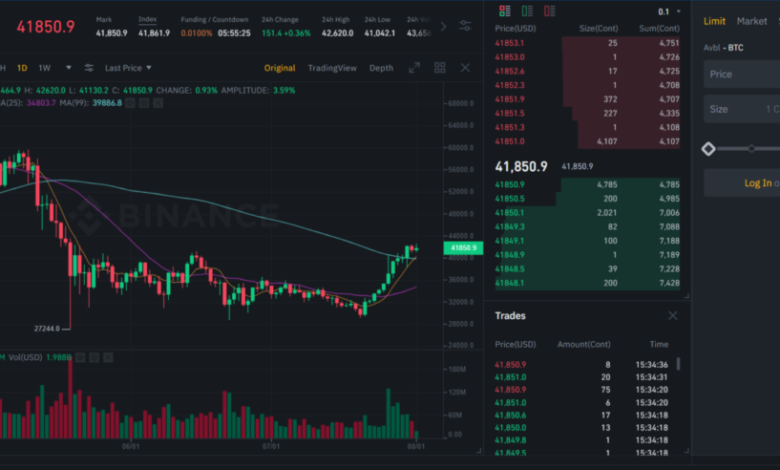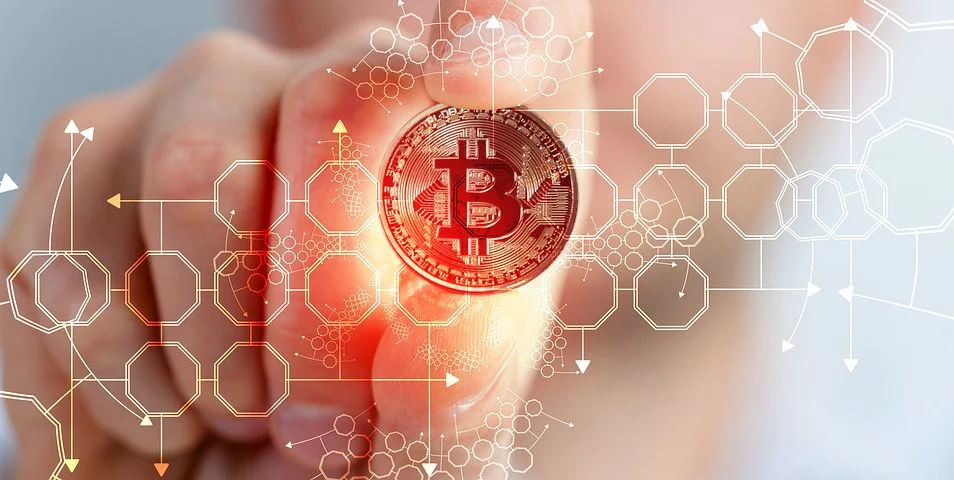A guide to futures

Futures are contracts that allow traders to agree to a price of an underlying asset in the present, that will then be exchanged sometime in the future. In this article, we take a deep dive into what are futures, the applications of futures contracts, the types of futures contracts available, and why people choose to trade futures. Keep reading below to learn more.
What are futures?
Futures are a kind of derivative financial contract where parties must sell or buy the underlying asset at a predetermined date in the future and price. This means the buyer must buy or the seller must sell the underlying asset at the agreed-upon price, regardless of the current marketplace’s price at the contract’s expiration date.
Futures contracts are generally standardised for quantity and quality, as well as to facilitate trading on a futures exchange. Underlying assets typically include financial instruments and physical commodities. As such, futures can be used for both hedging and speculation purposes.
Applications of futures
Futures contracts are typically used by traders in one of two ways – for hedging and speculation purposes. We break down their applications below:
Speculation
As many financial instruments such as commodity prices usually move in predictable ways, it is possible for traders to take advantage of this by trading futures. This is because futures contracts allow traders to speculate on the direction of an asset’s price. For instance, a trader may choose to purchase grain futures if they expect the price of grain to rise sometime in the future. If the price of the commodity increased and ended up trading above the original contract price at expiration, then the trader would then make a profit. The differences between the prices would then be cash-settled in the trader’s trading account. As such, when it comes to speculation, no physical product will change hands.
Hedging
Futures contracts can also be used for hedging purposes. This is usually used by producers and manufacturers, as they use futures contracts to hedge or guarantee the price at which the underlying asset (usually a commodity) is bought or sold. This means they hedge against any volatile changes that may occur in the market.
For instance, an oil producer may use futures contracts to lock in the price they will sell oil, and then deliver the oil to buyers when the contract expires. The manufacturer that buys the oil may also use futures contracts in order to help them plan ahead so they will always have oil coming in each month. As such, by using futures contracts, they know in advance the price they will pay for the oil, and they know they will receive the oil once the contract expires, regardless of what is happening in the current market.
Types of Futures Contracts
Futures contracts can be used to set prices for any type of financial instrument or commodity, so long as there is a large enough market for it. Below are some of the most frequently traded types of futures contracts:
- Agricultural futures: These futures were the original futures available on futures exchange in the past. As their name suggests, these futures include everything related to agriculture, such as grains, fibres (cotton), lumber, coffee, sugar, milk, and even livestock as well.
- Energy futures: These futures provide exposure to common fuels and energy products. These typically include natural gas and crude oil, to name a few.
- Currency futures: These contracts allow traders to be exposed to changes in interest rates and exchange rates of various national currencies.
- Metal futures: These contracts generally trade in industrial metals such as steel, gold, copper and more.
- Financial futures: These contracts usually trade in the future value of a particular financial asset or index. For example, there are futures contracts for the NASDAQ and S&P 500 indexes. These are also futures for debt products like Treasury bonds.
Difference between futures contracts and forwards contracts
Futures contracts and forwards contracts are similar, which is why novices may get confused between the two. In essence, both instruments allow a buyer and seller to set a price and quantity of a product that will be delivered at a later date. Both types of instruments can also be used for hedging and speculation purposes.
That said, there are still differences between the two that traders need to be aware of. For starters, while a futures contract is a standardised agreement between two parties that can be traded on an exchange, a forward contract is simply a private agreement between two parties. Although it is possible to trade forward contracts on an over-the-counter (OTC) market, they tend to be less regulated and accessible to retail traders. On the flip side, there are also more opportunities to customise a forward contract according to the needs and preferences of a buyer and seller.
Why should traders trade futures?
There are plenty of reasons why a trader should trade futures. Here, we have listed a few popular reasons as to why traders use this instrument:
Avoid overnight funding charges
Futures positions do not have any overnight funding charges, whereas charges typically apply to spot positions that are left open at the end of a trading day. This means that futures trading is typically preferred by traders looking to take a longer-term position in an underlying market. This is because they will not incur multiple overnight funding fees, dramatically lowering costs.
Trade with leverage
Traders should be pleased to know that futures contracts are leveraged. This means they enable traders to receive increased market exposure for only a fraction of the cost – this is known as the margin. So, when trading with leverage, profit and losses are determined by the total size of the position, not the margin used to open it. This means leverage can amplify potential profits. However, there is a risk that a loss could outweigh a trader’s initial capital investment.
Go long or short
When trading futures, traders have the option of going long or short. This means they can go long if they think the underlying asset’s price will rise and go short if they believe it will drop in the future.
Bottom line
Overall, futures contracts play an important function when it comes to hedging and speculating on the underlying asset. By allowing sellers and buyers to lock in prices in advance, market participants no longer have to worry about daily changes happening in the market.




